counter-culture
73 movies and shows
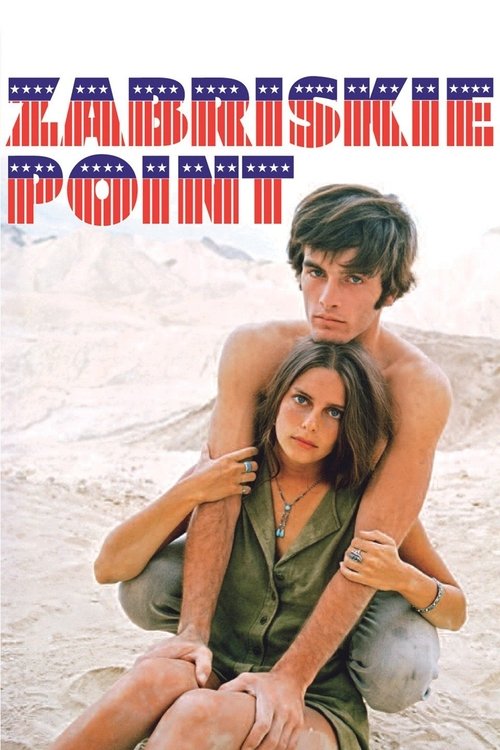
Zabriskie Point
Thu, 26 Mar 1970
Anthropology student Daria, who's helping a property developer build a village in the Los Angeles desert, and dropout Mark, who's wanted by the authorities for allegedly killing a policeman during a student riot, accidentally encounter each other in Death Valley and soon begin an unrestrained romance.
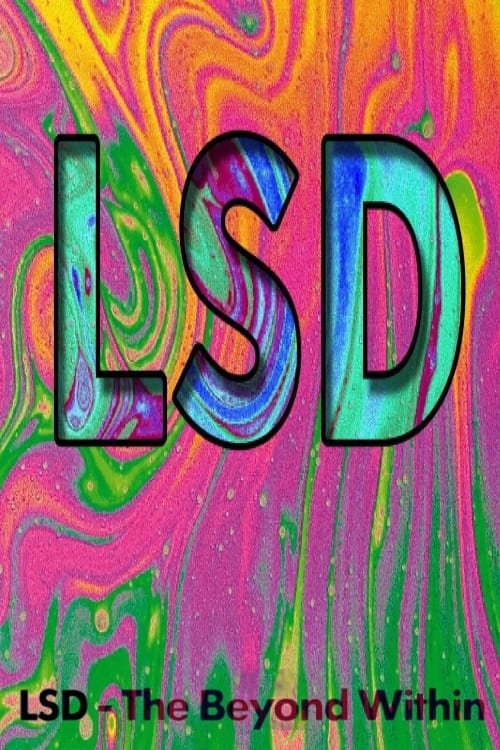
LSD: The Beyond Within
Wed, 01 Jan 1986
This refreshingly frank and impartial study of the discovery and development of the notorious hallucinogenic drug is notably free of moral judgmental, and features contributions from such legendary heroes of psychedelia as Albert Hoffman - the Swiss scientist who discovered the drug - Aldous Huxley - author of 'The Doors of Perception' - Ken Kesey - author of 'One Flew Over the Cuckoo's Nest.
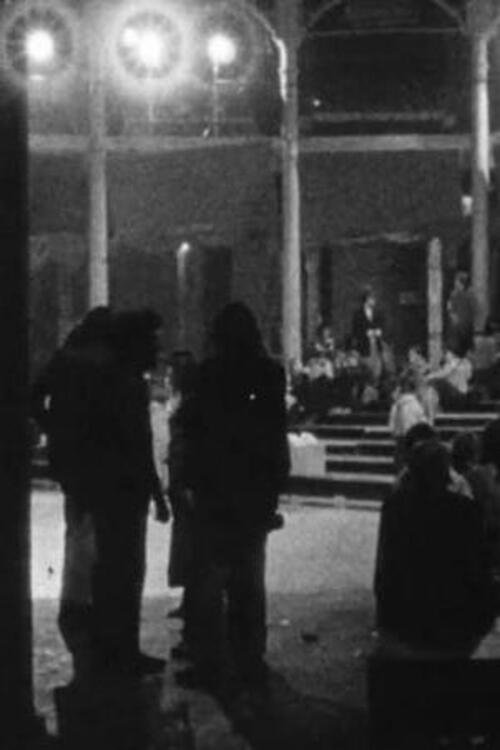
Dance Festival
Sat, 01 Mar 1969
Join distracted onlookers at a protest “be-in” at Camden’s Roundhouse –alongside portraits of Lenin and a giant inflatable phallus.
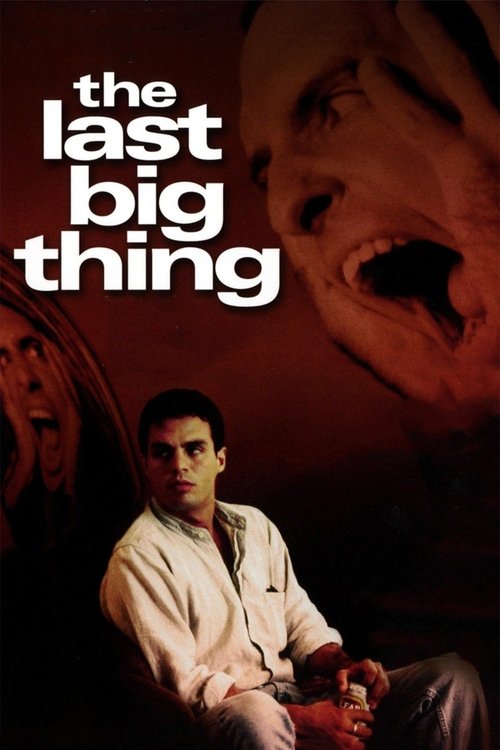
The Last Big Thing
Wed, 23 Sep 1998
From a bland tract house on the outskirts of Los Angeles, Simon Geist (with occasional help from his platonic girlfriend Darla) wages war against all of modern American popular culture. Geist starts up a magazine called "The Next Big Thing", which he uses to confront and insult upcoming actors, comics, models and rock bands. As Geist's mysterious Underground Agenda escalates, will he become the "last big thing", or be co-opted by the very forces he is railing against? Written by Van Film Fest
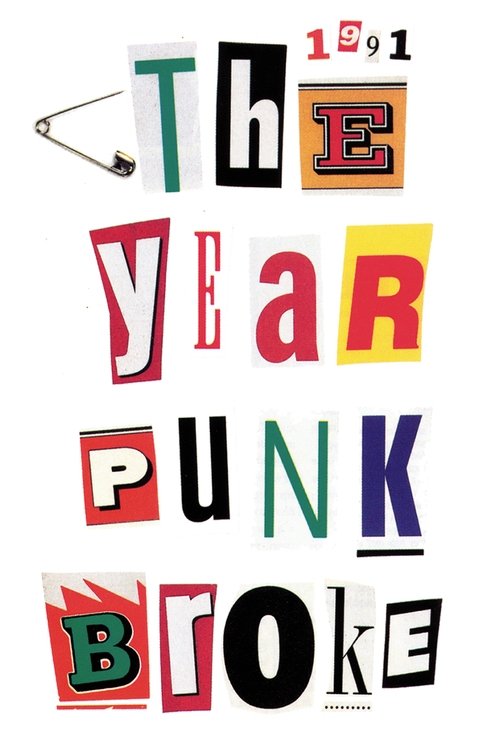
1991: The Year Punk Broke
Thu, 19 Nov 1992
David Markey's documentary of life on the road with Sonic Youth and Nirvana during their tour of Europe in late 1991. Also featuring live performances by Dinosaur Jr, Babes in Toyland, The Ramones and Gumball.
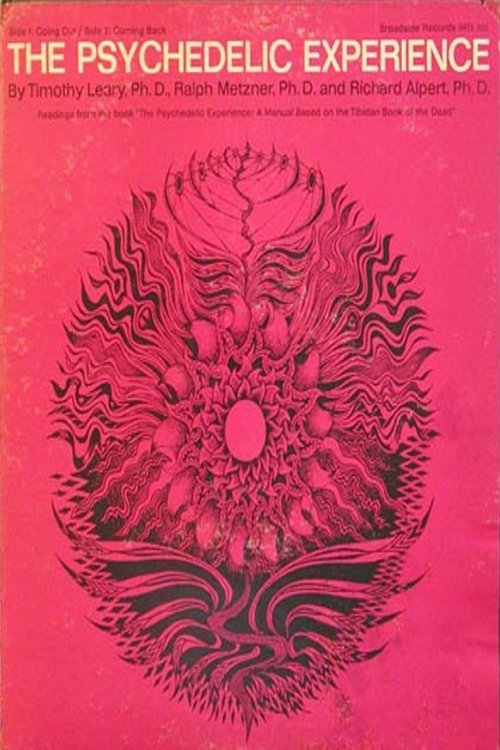
The Psychedelic Experience
Sat, 23 Jan 1965
Experimental movie, where a man comes home and experiences LSD. His kaleidoscopic visions follow, with readings inspired by the Tibethan Book of the Dead.

Fried Shoes Cooked Diamonds
Mon, 01 Oct 1979
After World War II a group of young writers, outsiders and friends who were disillusioned by the pursuit of the American dream met in New York City. Associated through mutual friendships, these cultural dissidents looked for new ways and means to express themselves. Soon their writings found an audience and the American media took notice, dubbing them the Beat Generation. Members of this group included writers Jack Kerouac, William Burroughs, Allen Ginsberg. a trinity that would ultimately influence the works of others during that era, including the "hippie" movement of the '60s. In this 55-minute video narrated by Allen Ginsberg, members of the Beat Generation (including the aforementioned Burroughs, Anne Waldman, Peter Orlovsky, Amiri Baraka, Diane Di Prima, and Timothy Leary) are reunited at Naropa University in Boulder, CO during the late 1970's to share their works and influence a new generation of young American bohemians.
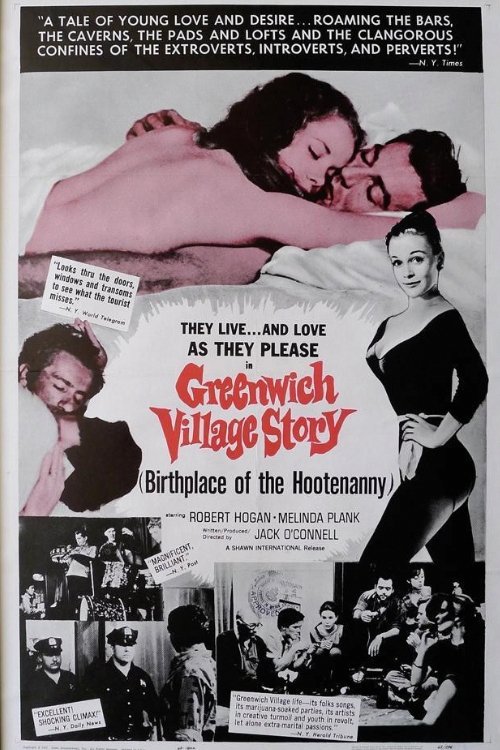
Greenwich Village Story
Thu, 11 Jul 1963
A struggling writer dumps a pregnant dancer for a well-off socialite. Later, he realizes his true feelings and opts to make amends.

Chicago 10
Fri, 29 Feb 2008
Archival footage, animation and music are used to look back at the eight anti-war protesters who were put on trial following the 1968 Democratic National Convention.
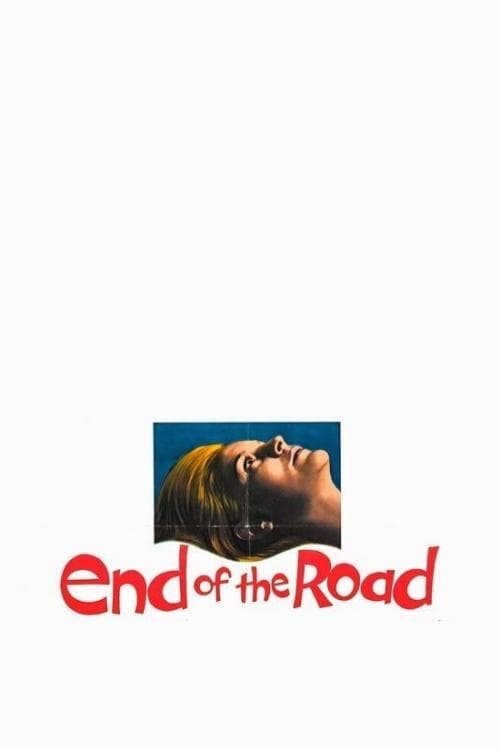
End of the Road
Tue, 10 Feb 1970
Moments after receiving his graduate diploma, Jacob waits at a train station. The future lies ahead, but life abruptly intervenes. Images flash in Jacob's mind: of war, injustice, assassination, protest, the entire spectrum of 1960s angst and anger - sending Jacob into a catatonic state. What follows during his bizarre rehab and its aftermath will be another form of madness.

Crumb
Sat, 10 Sep 1994
This movie chronicles the life and times of R. Crumb. Robert Crumb is the cartoonist/artist who drew Keep On Truckin', Fritz the Cat, and played a major pioneering role in the genesis of underground comix. Through interviews with his mother, two brothers, wife, ex-wife and ex-girlfriends, as well as selections from his vast quantity of graphic art, we are treated to a darkly comic ride through one man's subconscious mind.
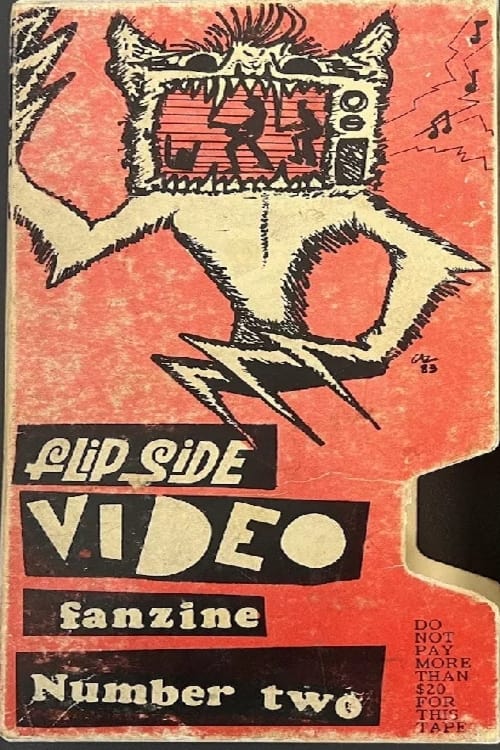
Flipside Video Fanzine Number Two
Mon, 01 Aug 1983
White Flag : Flipside, Not Alright, Communication Breakdown G.B.H. : Gimme Fire, Wild Thing, I Am The Hunted 7 Seconds : This Is My Life, out of Touch, Skins brains guts Tesco Vee : worshiping /s - 7 seconds with a cat and a guessing game with: SSD doing Shangri-las, White Flag doing Pink Floyd & GBH doing the Buzzcocks. Battalion of Saints : I Wanna Make You Scream Minor Threat : Stand Up And Be Counted, Stepping Stone Rodney Mullen skating Minor Threat: betray & Jeff Nelson Brian baker (skating) it Follows Big Boys : Brickwall Stretch Marks : Professional Punks Urinals/100 Flowers : California Falling, Surfing With The Shaw, With: Keith Morris and D Boon Black Flag : Scream in Mike Muir's garage Kraut : Kill For Cash Minutemen : Split Red, Life As A Rehearsal, Ack Ack Ack Ack Angst : This Guns For You, Neil Armstrong Dickies : If Stuart Could Talk, Manny, Moe, and Jack, You Drive Me Ape, Gigantor ENDCLIPS: The Avengers, The Eyes, 45 Grave, SIN 34
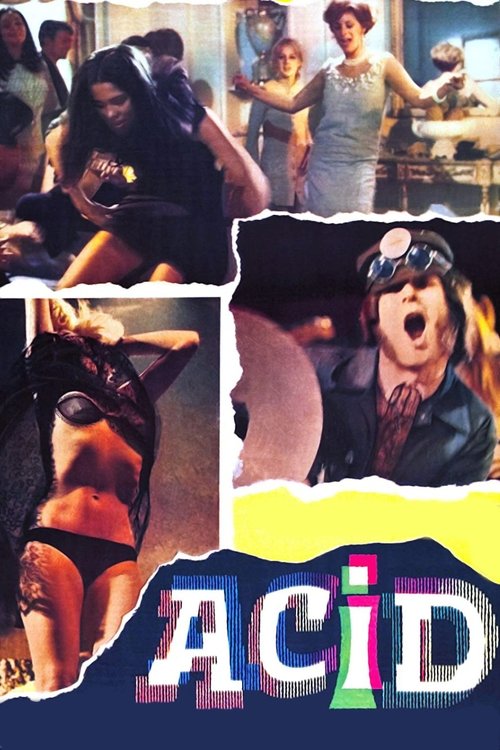
Acid Delirium of the Senses
Fri, 02 Feb 1968
The film, set almost entirely in New York, tells of the life of some young people of the late Sixties: of the use they make of various drugs, including the terrible LSD, of their sex life and their freedom of costume and thought.
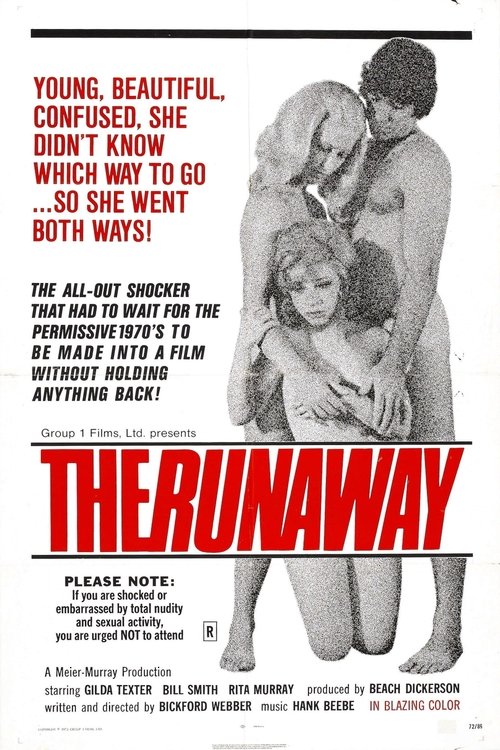
Runaway, Runaway
Mon, 17 May 1971
An unhappy teenager hits the road to meet up with a man in California whom she barely knows. Along the way the naive teen stumbles around trying to do her best to get by, but eventually falls prey to some unseemly characters willing to take advantage of her.
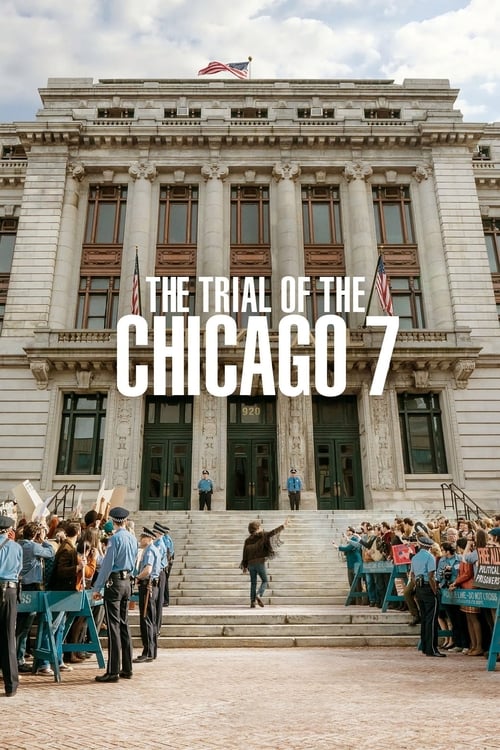
The Trial of the Chicago 7
Fri, 25 Sep 2020
What was supposed to be a peaceful protest turned into a violent clash with the police. What followed was one of the most notorious trials in history.
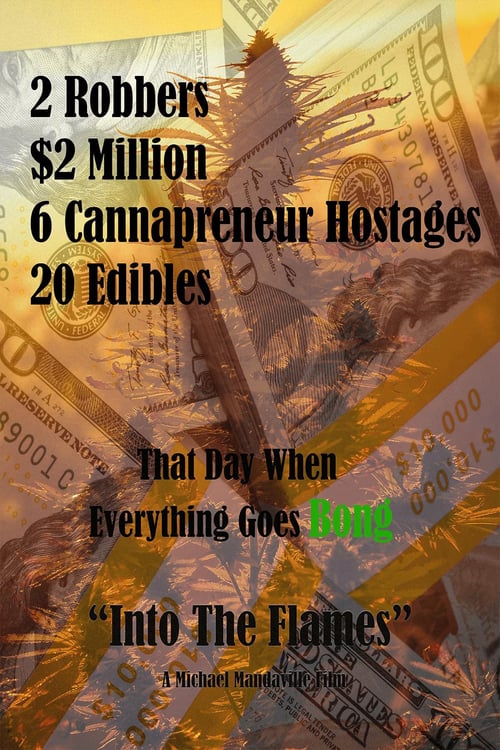
Into the Flames
Fri, 01 Jan 2021
Two robbers flee from a robbery into a neighborhood where they seek safety. Spotting two guys arriving to a house, the robbers pull into the driveway and use a car cover to hide. Inside the house, they discover that it's a gathering of cannabis entrepreneurs. In short , their robbery is discovered. And now the robbers make them eat edibles while they hold them hostage. Chaos ensues.
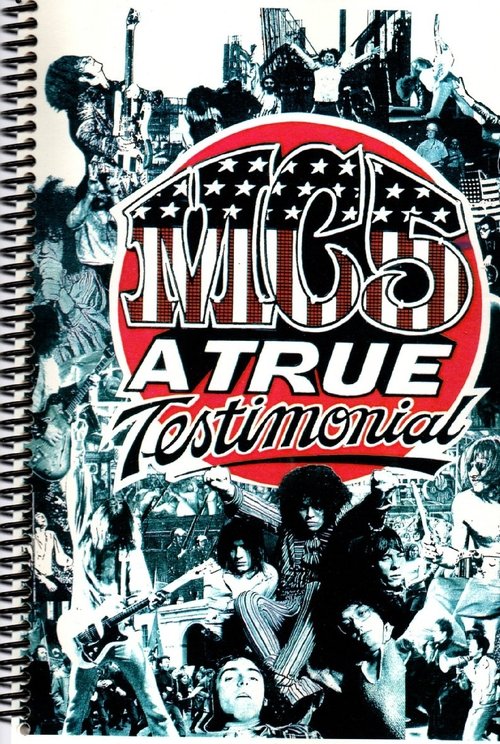
MC5: A True Testimonial
Sat, 02 Feb 2002
This documentary, made over a period of eight years, tells the remarkable story of an extremely influential rock'n'roll band. Starting from their mid-60's garage band roots (sounding amazingly like the Sonics), the Motor City 5 deveoped into an icon for a brand of loud, crushing music reflecting their industrial roots. Even if you don't care for their music (and you're bound to like even a few of their songs), their story is fascinating. It combines 60's protest, youthful braggadocio, and a style of music that would help carry one to the likes of Iggy and the Stooges (not to mention certain aspects of punk rock). This film is clearly a labor of love, combining extraordinarily rare live shows, still shots, a nearly-continuous backdrop of MC5 tunes, penetrating interviews with the remaining members and their spouses, and even FBI surveillance shots. It's the ultimate testimonial to a band that only gains in stature as time goes on.
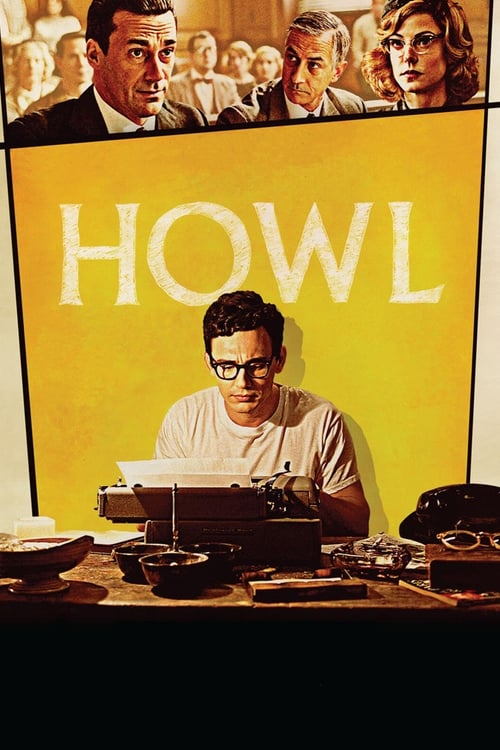
Howl
Thu, 26 Aug 2010
It's San Francisco in 1957, and an American masterpiece is put on trial. Howl, the film, recounts this dark moment using three interwoven threads: the tumultuous life events that led a young Allen Ginsberg to find his true voice as an artist, society's reaction (the obscenity trial), and mind-expanding animation that echoes the startling originality of the poem itself. All three coalesce in a genre-bending hybrid that brilliantly captures a pivotal moment-the birth of a counterculture.
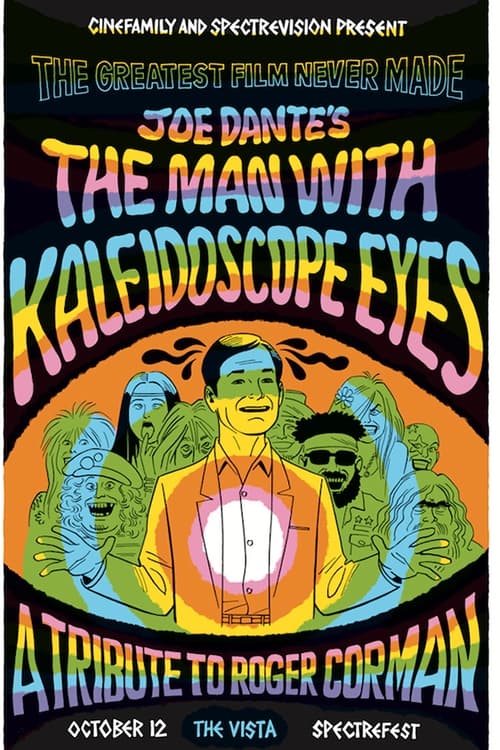
The Man with Kaleidoscope Eyes
Invalid Date
In 1967, strait-laced exploitation movie king Roger Corman embarks on a life-changing attempt to capture the psychedelic world of LSD on film by taking a "trip" himself, abetted by Jack Nicholson, Peter Fonda and Dennis Hopper.
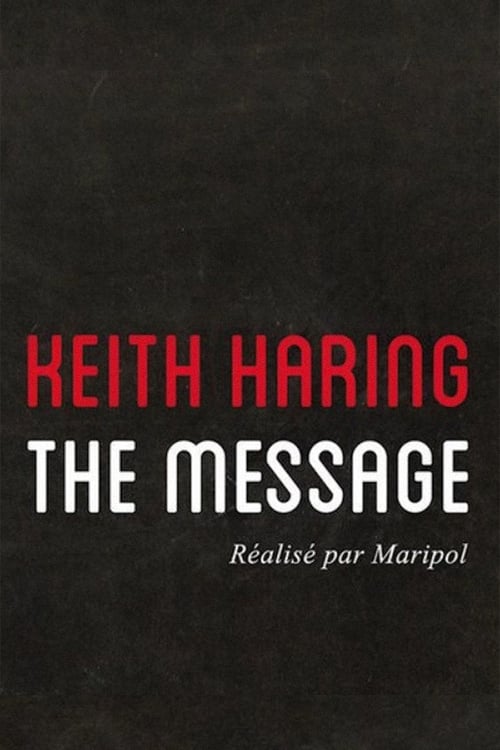
Keith Haring: The Message
Fri, 19 Apr 2013
Keith Haring: The Message was released in conjunction with the Keith Haring retrospective at the Museum of Modern Art in Paris. Directed by famed designer, Madonna stylist and Haring confidante Maripol, The Message goes pretty deep into both the artist and the city and times he’ll forever be identified with: New York City, circa the 1980s. The focus, as the title indicates, is upon the “struggles that animated” Keith Haring’s work, his activism – in a word, his “message.”

